
Oct 20 2020.
views 2086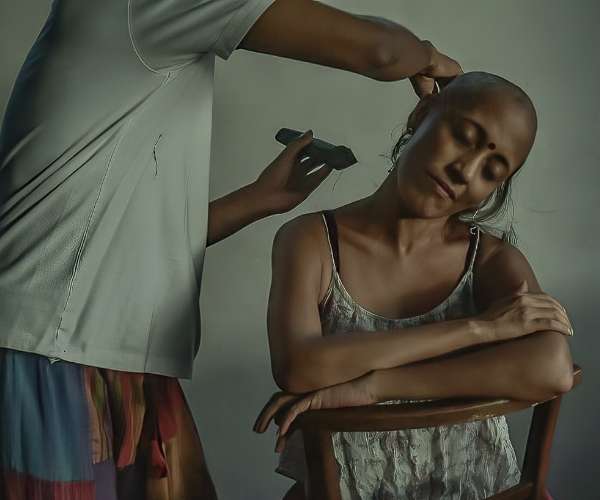
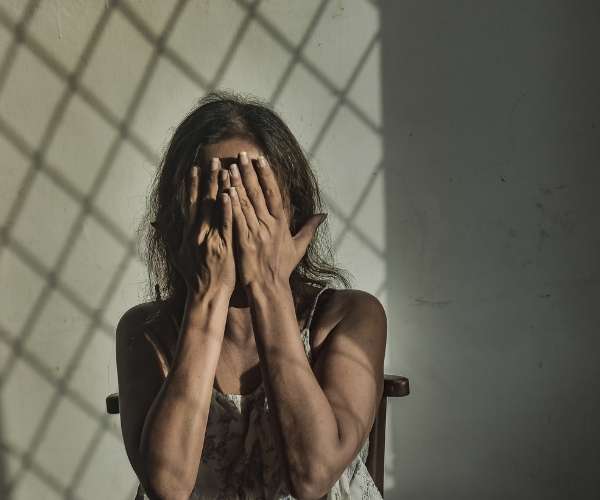
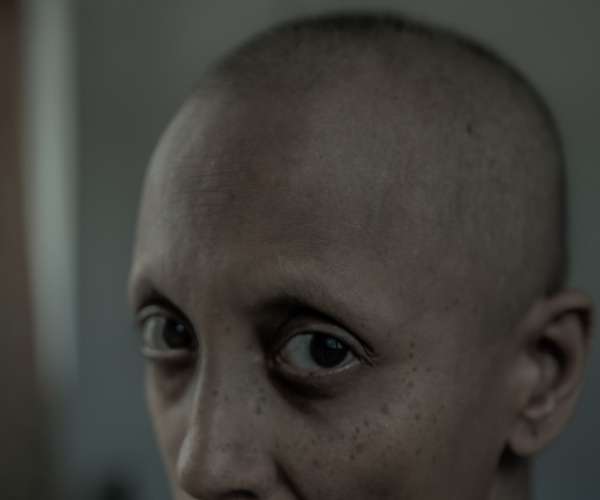
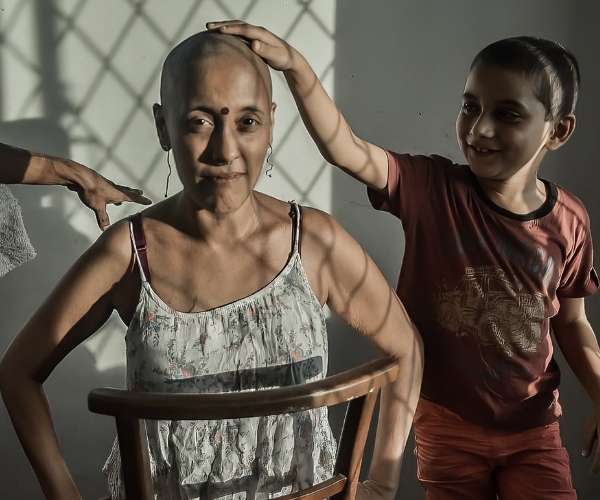
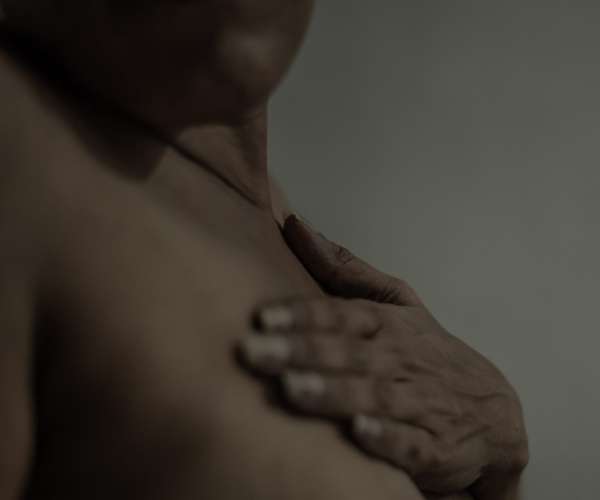
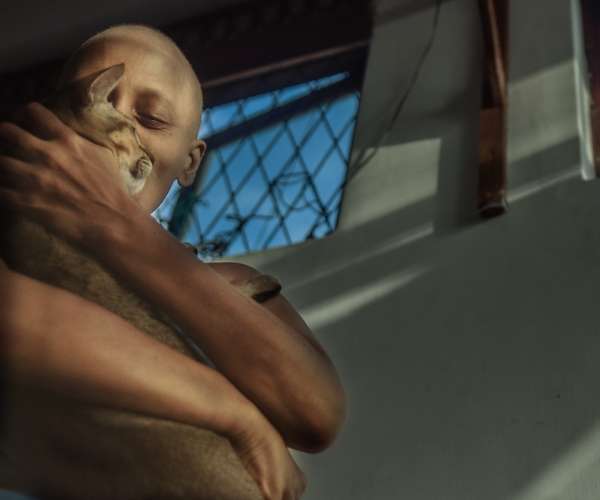
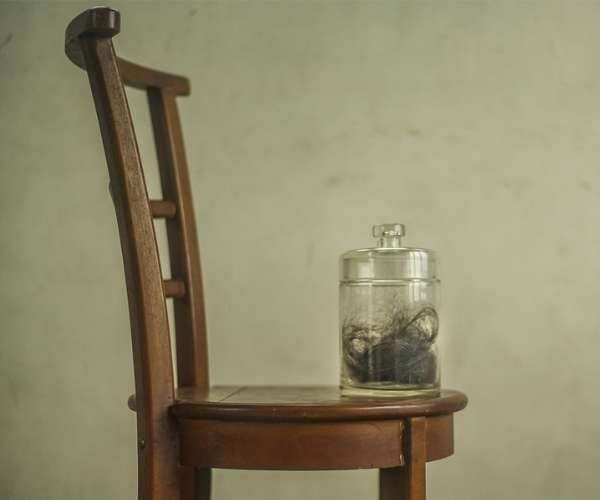
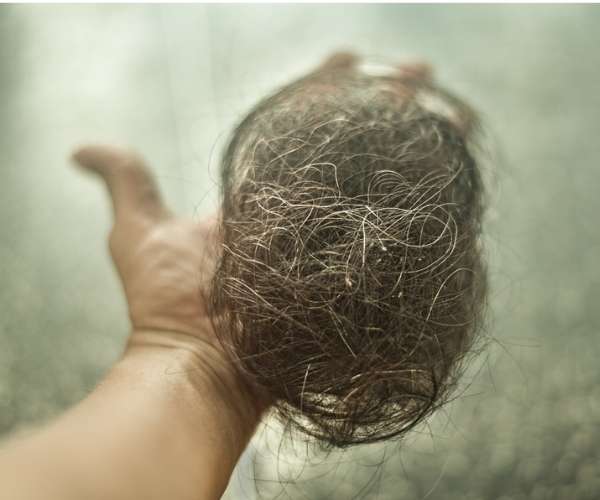
Resilient is one word I would use to describe Natalie Soysa when she talks about her journey battling breast cancer. Diagnosed with metastatic breast cancer in May earlier this year, Natalie has faced many hurdles. However, with the support of her close family, friends and partner she has faced them with courage. A mother of an adorable little son, he is one of the key factors that inspires Natalie to keep going and have within her sights victory over cancer. October marks the month of breast cancer awareness and in Sri Lanka like many parts of the world breast cancer diagnosis is on the rise. Natalie’s story highlights at times the sharp attitude adopted by medical personnel when cancer patients should be dealt with care, concern and humanity and not as one of many patients on an endless conveyor belt. Natalie’s experience should serve to encourage many more women to educate themselves on the causes of breast cancer, change their lifestyles and food they eat and above all engage in monthly self-breast care examinations and seek help even if there is the slightest doubt that you may have a lump or any other associated symptoms.
Q What were you diagnosed with, and when did you receive your diagnosis?
I was diagnosed with metastatic breast cancer this May. I had been feeling more tired than usual over the previous couple of months but I put it down to lockdown blues. Then I discovered a lump in my breast. While not all lumps are malignant tumours, I opted to channel an oncologist who took me down a path of scans, biopsies and other tests which lead to my diagnosis.
Q Invariably, cancer puts your whole life on hold. Do you remember a specific moment when you were hit by this realization?
I’m always hit with that realization but I refuse to let it get to me. Yes, life does change on you when you have cancer – but just how much depends on you. It also depends on what kind of treatment regimen you are on and how badly it affects you. I don’t think life needs to come to a grinding halt, it merely needs to be reimagined. We assume that people living with cancer are helpless, but the reality is that we are much stronger than everyone else to withstand what’s happening to us and still keep going.
Q What sort of treatment and support did you receive?
I have the best aunts, friends and partner a woman could ask for at a time like this. So in that sense, I have not been short of support through this journey that comes with multiple complications. In terms of how long, I am still in treatment and when that stops (or doesn’t) will be the decision of my healthcare team. I have so far received 6 rounds of chemo which happens once in three weeks and am scheduled for two more to complete the cycle of 8. I have also undergone a bilateral mastectomy surgically. I may or may not be scheduled for radiation and a long-term oral dose of tamoxifen (a hormone blocker) based on the results of my biopsy.
Q How easy was it to get information from the doctors about your treatment and what was your experience at the national cancer hospital in Maharagama?
We have one dedicated hospital for cancer treatments in Sri Lanka to treat the bulk of cancer patients in the country and something like 25,000 new cancer diagnoses annually. That number rises every year. I often ask how one hospital is meant to handle such an influx. How many hundreds of patients can a doctor see in a given day and have the time to talk to each one of them? How many people can a nurse watch die in her ward and still be expected to be pleasant? There’s no time for kindness or information in a system that’s overtaxed and stretched beyond its limits. In fact, there is no space for social distancing when the numbers coming into the hospital each day number in the thousands.
As an out-patient receiving chemo, the process involved bringing the results of your blood tests from the previous day to the clinic where you meet a doctor who will then determine if you are fit enough for chemo. Each time I tried asking a question at these clinic visits, I was snapped at. Some doctors prefer to get through a clinic session with you by reading your blood tests results, writing up a prescription for what they assume are your side-effects and then move on to the next patient as fast as possible without needing to speak a single word with you. As an in-patient for my bilateral mastectomy, it was a different kind of experience. Some nurses bully patients in the ward as if there is pleasure to be derived from making a cancer patient feel even worse than they already do.

My point is that not only is there no room or time in a system like this for kindness and empathy, it goes beyond to make the journey harder. Staying positive is key to winning a battle with cancer, and if we aren’t creating a system that enables a holistic approach instead of merely a clinical one, then we are failing. The responsibility here is not merely with a single hospital but in the hands of policymakers; we need our government to allocate more funds for public healthcare and we need a Health Ministry that enforces a wider approach to patient care. While there is immense gratitude for free healthcare is available in the country, it can’t be an incomplete approach.
Q Many women are too inhibited to speak out. Why do you think more women should speak about their experiences thereby empowering others?
I think Sri Lankans as a whole don’t speak out enough about the things that matter the most like racism or education – or healthcare in this case. That’s a cultural thing that we need to overcome. When it comes to breast cancer, not having enough information out there when I was also engaged with a healthcare system that didn’t talk to me through this was not a pleasant experience. It helps to know that you are not alone when thousands of others who went through this are willing to share what happened to them.
Due to the lack of resources out there that especially relate to the South Asian experience of having cancer as a single parent and engaging with public healthcare, I started documenting my own process. This is where my own profession as a writer and photographer comes into play. I started documenting my journey within a few days of me being diagnosed and piecing together notes of my experience from an emotional, physical and political standpoint which I will publish soon. (Some of the photos shared here are from my series).
Q You had a double mastectomy. As a woman, how did you feel at having to give up your breasts: the very sign of femininity?
I don’t think we should be equating physical attributes to our gender. The fact that breasts are an aspect of femininity is just a social construct. What makes me a woman is a lot more than my body parts, it’s who I am. As a friend who also underwent a bilateral mastectomy this year told me: boobs are overrated. In fact, mine has got in the way of me wearing a lot of clothes I’ve wanted to. So I’m looking forward to dressing up my new body once the stitches come off. I am not saying losing a part of my body hasn’t been hard – of course, it has been. When someone loses a limb it's even harder because it makes you have to get used to a different way of life. I just need to get used to a different body – or opt-in for reconstructive surgery, which in itself is not without its complications. For me, it boils down to this: not having breasts doesn’t make me any less than I am.
0 Comments